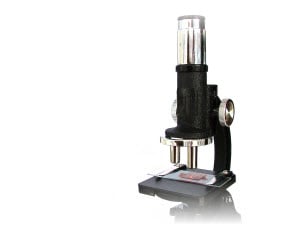The ABCs of Sperm Testing

Male fertility problems affect approximately half of all couples who experience difficulties conceiving a child. A sperm test, also called a semen analysis, is one of the first evaluations performed when assessing male fertility. It measures the quantity and quality of semen and sperm produced in an ejaculation. The results of this analysis helps identify if the cause of infertility relates to a problem in sperm production, including a low sperm count. A sperm test may also be used to determine if a vasectomy or vasectomy reversal has been successful.
Acquiring a Sperm Sample
A sperm sample can be collected either during masturbation or during intercourse using a special collection condom provided by your doctor. You will likely be asked to refrain from ejaculation for 2-5 days prior to collecting the sample, however, do not avoid ejaculation for greater than 1-2 weeks, as this can result in less active sperm. Your doctor might also suggest avoiding alcohol, and will want to discuss all medications and/or herbal supplements you are taking. Although the sample may be collected at home, it will typically need to be received by your doctor or a laboratory within 1 hour, during which time it must be protected from sunlight and hot or cold temperatures.
Breakdown of Semen Parameters
Several parameters of the sample will be evaluated in a complete semen analysis, including the volume of semen in a single ejaculation, the time it takes the semen to become liquid (liquefaction time), its acidity (pH), the presence of white blood cells, and the amount of sugar (fructose) present, which provides energy for sperm. The sperm contained within the semen will be analyzed for number, motility and morphology. The concentration of sperm will be determined per milliliter of semen, and a total sperm count will be calculated based on the total volume of ejaculate.
Conclusion of Sperm Test Results
The results of a sperm test are typically available in a day, allowing your health care provider quickly to determine if your fertility problems are related to specific abnormalities of the sperm. It should be noted that the sperm test evaluates only certain characteristics of semen quality. A semen analysis might fail to detect sperm that are functioning abnormally if it appears normal for all of the test parameters.
If you are having difficulties conceiving, consult your physician about getting a sperm test to determine how you can maximize your chances of fathering a child.






